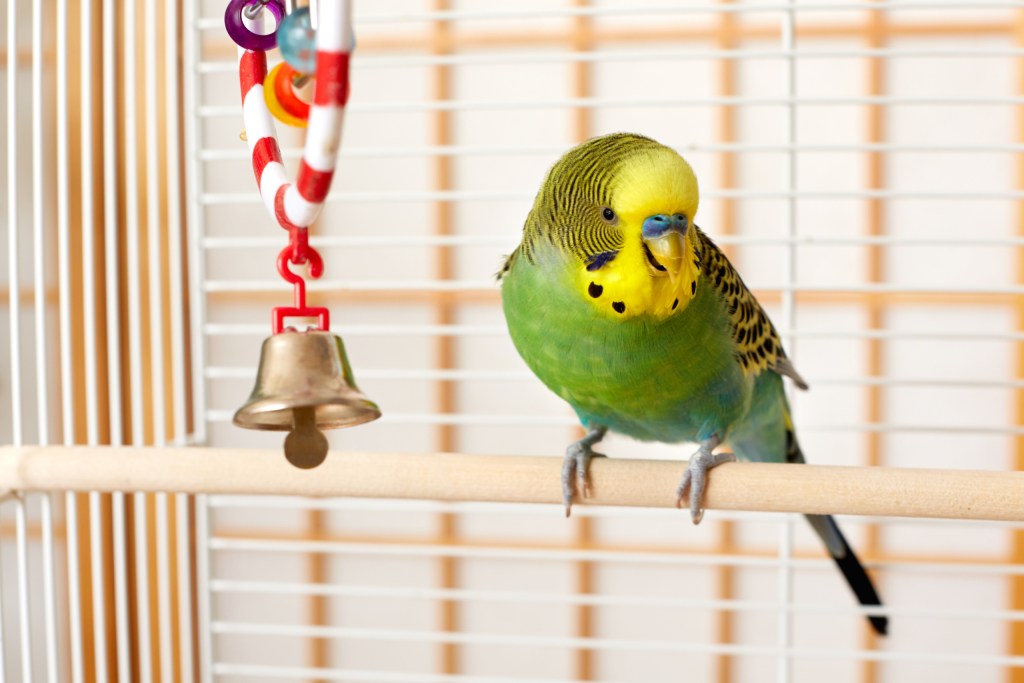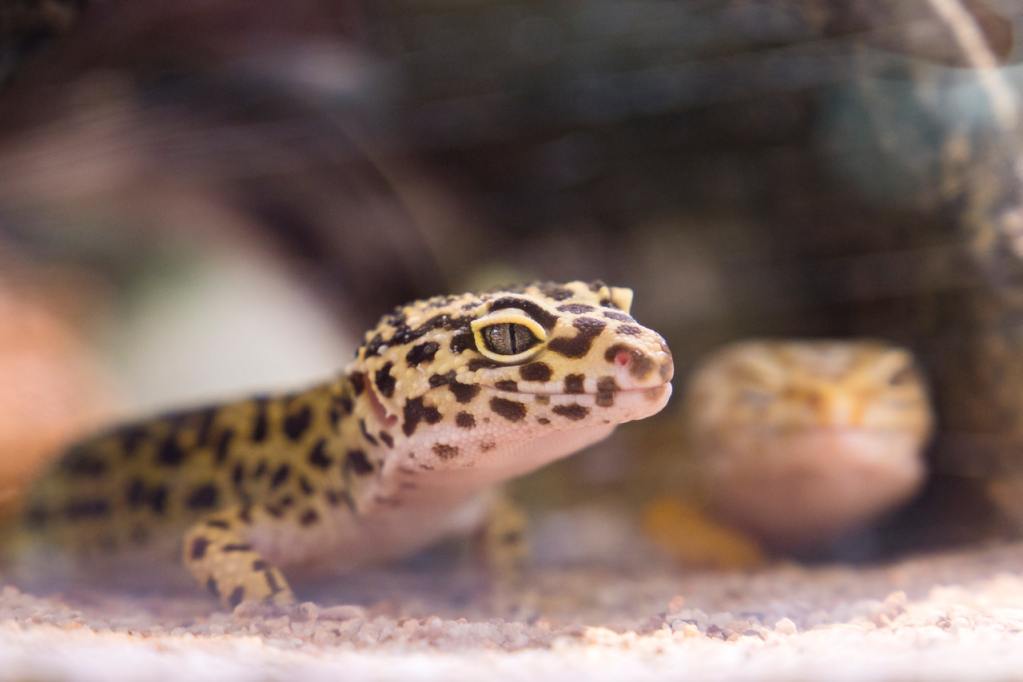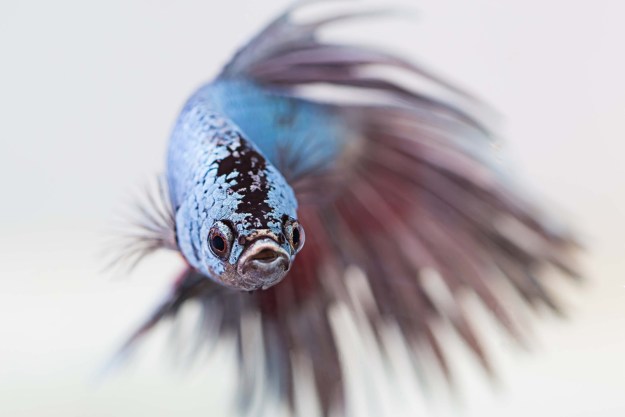Whether you enjoy watching fish play in an aquarium, listening to the pleasant twittering of birds, or cuddling a fluffy kitten, there’s no denying that interacting with our animal friends is extremely beneficial for our well-being. According to the U.S. Centers for Disease Control and Prevention, having a pet can decrease your blood pressure, cholesterol, and triglyceride levels. Pet parents feel less lonely than people without pets, and dog owners tend to get more exercise than most people.
But did you know having pets in the workplace actually helps improve employee morale? According to a study conducted by Banfield Pet Hospital, 91% of managers and 82% of employees felt more loyal toward pet-friendly companies. An overwhelming majority also felt the presence of pets in the office improved productivity.
Unfortunately, not everyone loves animals. Whether that dislike is due to allergies, a phobia, or past trauma with animals, pets in the workplace may rub some folks the wrong way. That’s why we’ve rounded up a list of good office pets most people find unobjectionable. From office desk pets to cuddly critters, here are the most low-maintenance pets to cheer up your work space.

Budgies
Their full name? Budgerigar, but we think “budgies” is a better fit for these sweet, clever birds. Budgies are parakeets, the low-maintenance version of a parrot. Many budgies can mimic words, and they’re quick to create lifelong bonds with humans. Budgies are inexpensive to feed, small, and fond of socializing. We recommend getting budgies in pairs or spending at least an hour with them each day to prevent loneliness.

Cats
According to the American College of Allergies, Asthma, and Immunology, around 10% of Americans suffer from pet allergies, with cat allergies twice as prevalent as dog allergies. If you share an office with others, make sure you check with your co-workers before taking a feline friend to work. However, if you get the green light from your colleagues, cats are one of the best officemates around. They’re independent, quiet, and clean. Your midday slump won’t seem quite as awful with a cat in your lap.

Dogs
Some dogs are more low-maintenance than others. We wouldn’t recommend bringing a high-energy breed like a husky to work, but if you have a friendly, laid-back pooch at home, now’s the time to take him to the office. Not only will you have a constant companion, but you’ll also have the opportunity to step outside for some fresh air when it’s time to take your dog out for a potty break.
Fish
Believe it or not, some fish are actually easy to care for, and they make a colorful addition to any office. While you can’t cuddle them, there’s something inherently soothing about watching fish swim around in a beautifully lit tank. You’ll want to keep the tank clean not only so your fishy friends stay healthy but also to reduce the risk of allergy-causing mold growth in the tank. Smaller fish, like guppies, fit in tiny aquariums you can place on your desk.
Gerbils
Unlike hamsters, which are largely nocturnal, gerbils are frequently active during the day. Few things are cuter than watching a little gerbil frolic in its cage. Gerbils are playful and affectionate, and they don’t require much attention. Petco recommends a cage that’s at least 18 inches wide, 24–30 inches long, and 12 inches high, so gerbils aren’t the most desk-friendly office pets, but they’ll do well on a console table.

Leopard geckos
One of the least expensive reptiles available, leopard geckos are also surprisingly friendly. While many reptiles are delicate and require expensive enclosures with pricey UV bulbs, leopard geckos need only food, water, a heat source, and room to play to be happy, well-adjusted officemates. In addition to being precious, leopard geckos are so docile that they make good pets for families with small children, so they’ll be a great fit in any office.
What to consider before bringing a pet into the office
As tempting as it is to rush out and buy a new kitten for the office — or bring your pup from home — consider a few things ahead of time.
Rules and regulations
First of all, you may need permission from your boss to bring a pet to work. While there’s no OSHA regulation forbidding the presence of pets in the workplace, state guidelines may prohibit animals depending on the industry. For example, if you work in a kitchen, furry animals are probably out. Who wants cat hair in their food?
Temperament
Next, consider the animal’s temperament. Unless you’re bringing in a pet from home, you’ll want to spend time beforehand with the animal you plan to adopt. Yappy dogs aren’t remotely conducive to a productive workplace, and that goes double for dogs prone to aggressive behavior. Similarly, you don’t want a cat scratching or hissing at co-workers. Look for a calm, friendly critter capable of tolerating an office environment.
Liability insurance
No matter how mellow Fido is at home, being in a strange environment can stress even the most mild-mannered pup. Even if you trust your pet with your life, comprehensive liability insurance is a must-have if you’re bringing your pet to work. Better safe than sorry.
Having a pet in the office boosts productivity, improves morale, and generally makes for a more cheerful workplace. Once you’ve checked the regulations and cleared it with your co-workers, going to work each day with a pet on-site will feel more like spending the day with friends.
Editors' Recommendations
- Why do dogs bury bones? The answer is quite interesting
- How many dog breeds are there, really?
- What is littermate syndrome? Why this puppy bond can be a problem
- How to find the right veterinarian for your pet
- Is a Belgian Malinois a good family dog? Everything you need to know about this amazing dog breed



